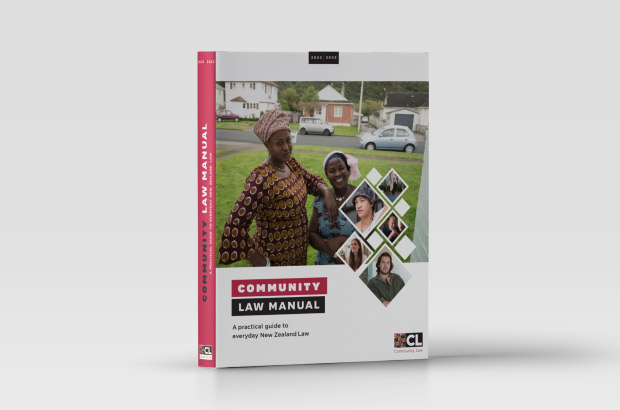Court processes: How driving offences are dealt with
Category 2 and 3 driving offences: More serious driving offences
Criminal Procedure Act 2011, s 6
These are offences for which you can be sentenced to prison. There’s also often a possible disqualification penalty, see “Losing your licence: Suspensions and disqualifications”.
These offences are dealt with by the standard processes in the criminal courts. You’ll be summonsed to appear in the District Court for the first steps in your case.
Category 2 driving offences: Less than two years’ prison
Land Transport Act 1998, ss 35, 36A(4), 38, 56(3)
In the criminal court process, Category 2 offences are those for which you could be sent to prison for less than two years, or given a community-based sentence such as community work, supervision or community detention.
If you’re charged with any Category 2 offence and you plead not guilty, you’ll have a trial in the District Court without a jury (these are called “judge-alone trials”).
Examples of Category 2 driving offences are:
- reckless driving
- failing to stop after being in an accident, if no other person is injured or killed
- a first or second drink-driving conviction
- careless driving causing injury or death
- street-racing or wheel-spinning where no injury or death is caused.
Those offences are all punishable by a prison term of up to three months or a maximum fine of $4,500. You must also be disqualified from driving for at least six months.
Category 3 driving offences: More than two years’ prison
Land Transport Act 1998, ss 36, 36A, 39, 56(4)
Category 3 offences are those carrying a maximum prison term of two years or more.
For these offences, you have the right to choose a jury trial, instead of a judge-alone trial. The trial, whether or not it’s with a jury, will usually be in the District Court.
Examples of Category 3 driving offences include:
- dangerous driving causing injury (a maximum prison term of five years or a maximum fine of $20,000, and compulsory disqualification for at least one year)
- street-racing or wheel-spinning causing injury (maximum prison term of five years or a maximum fine of $20,000, and compulsory disqualification for at least one year)
- aggravated careless driving causing injury or death (maximum prison term of three years or a maximum fine of $10,000)
- a third or further drink-driving conviction (a maximum prison term of two years or a maximum fine of $6,000, and compulsory disqualification for more than one year).


